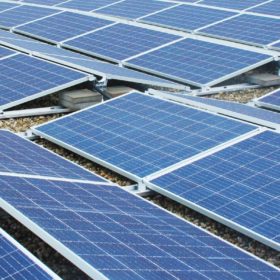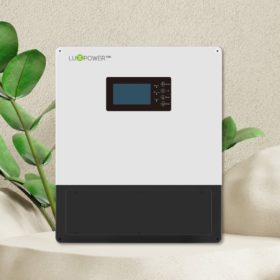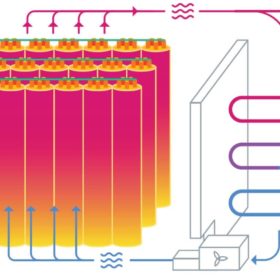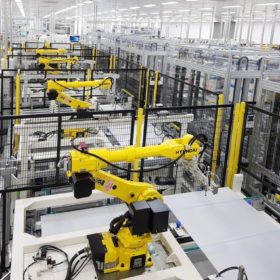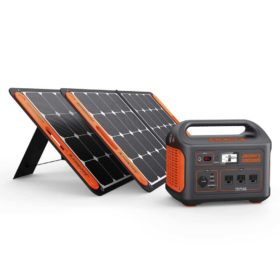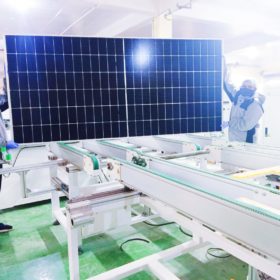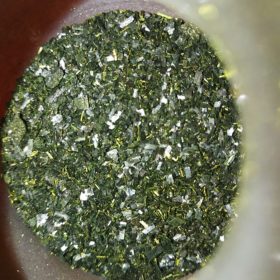France concludes C&I rooftop PV tender with average price of €0.08312/kWh
The French authorities have allocated 157MW of solar power in the country’s latest procurement exercise, with an average final price of €0.08312/kWh.
ReNew Power commissions 17.6 MW wind-solar hybrid project in India
Indian developer ReNew Power has commissioned a 17.6 MW captive wind-solar project to supply clean energy to Grasim Industries Limited’s Chlor-Alkali unit in the Indian state of Gujarat. The second phase will involve an additional installation of 16.68 MW.
EU Chips Act proposed to address semiconductor shortages
The European Commission wants to introduce legislation to back semiconductor research and to address the immediate problem of supply chain bottlenecks by drumming up more than €43 billion, with member states and the private sector expected to contribute.
LuxpowerTek launches 8-12kW hybrid inverter
The Chinese inverter manufacturer said the new device can be used for residential and commercial projects as well as to replace diesel power generators or as back-up power. The device features an efficiency of 97.5% and a European efficiency of 98%.
Renewable energy heat batteries for industrial applications
Startup Rondo Energy closed a $22 million Series A funding round to decarbonize industrial processes with equipment that converts solar and wind energy into thermal energy.
Hyundai enters heterojunction PV module business
Hyundai wants to use a partnership with South Korean PV equipment supplier Jusung Engineering to commercialize solar modules based on 24.45%-efficient heterojunction solar cells.
Offgrid solar generators for RVs, camping
Jackery displayed its latest portable solar generators at the recent Quartzsite RV Show, which is the world’s largest event for recreational vehicle enthusiasts.
The Hydrogen Stream: Fortescue develops tech based on photocatalytic water splitting coupled with solar
Australia’s Fortescue Future Industries wants to develop a green hydrogen technology based on photocatalytic water splitting coupled with solar radiation. Elsewhere, Linde has signed a long-term agreement with German chemical company BASF for the supply of hydrogen and steam in France and Nel has received a contract for a containerized PEM electrolyzer and light-duty hydrogen fueling station package from an unnamed U.S. power utility.
Indian manufacturer Saatvik Solar doubles module capacity to 1GW with new fab
The Indian solar company’s new facility in Haryana is equipped to make mono PERC, half-cut, multi-busbar technology, to produce high-efficiency PV modules with 530-610Wp of power output.
Doped carbon for a reliable lithium sulfur battery
Scientists in South Korea developed a porous carbon material that, when applied as a coating to the separator film in a lithium-sulfur battery, was shown to reduce an unwanted side effect and improve the battery’s performance and reliability. The coating is based on methylene blue, a type of salt commonly used in textile dying.
